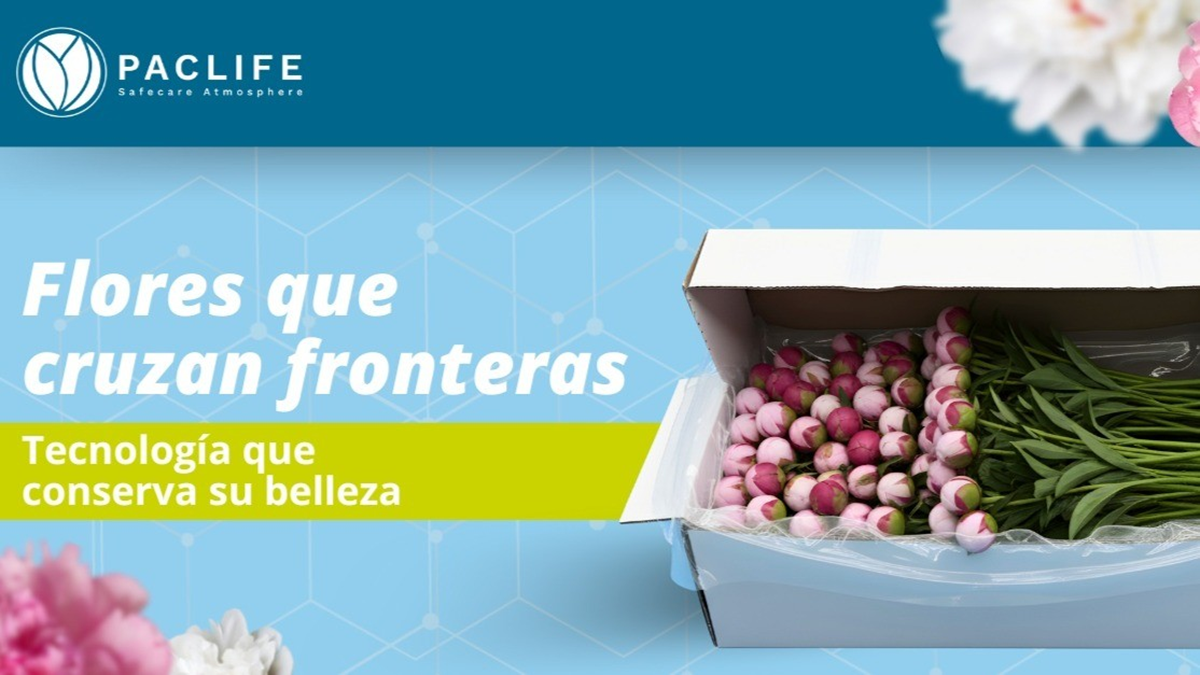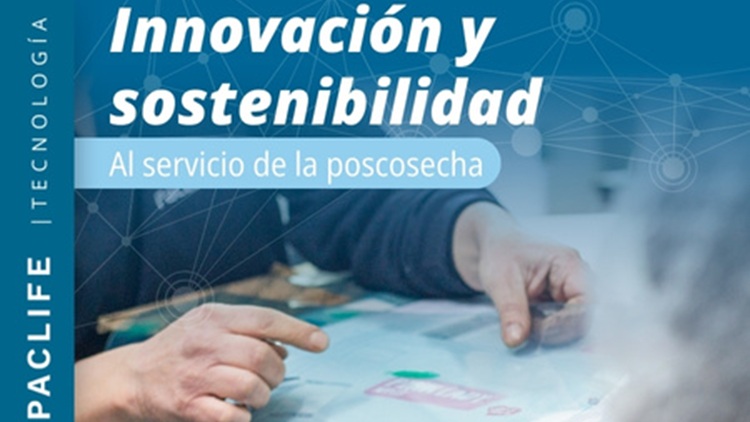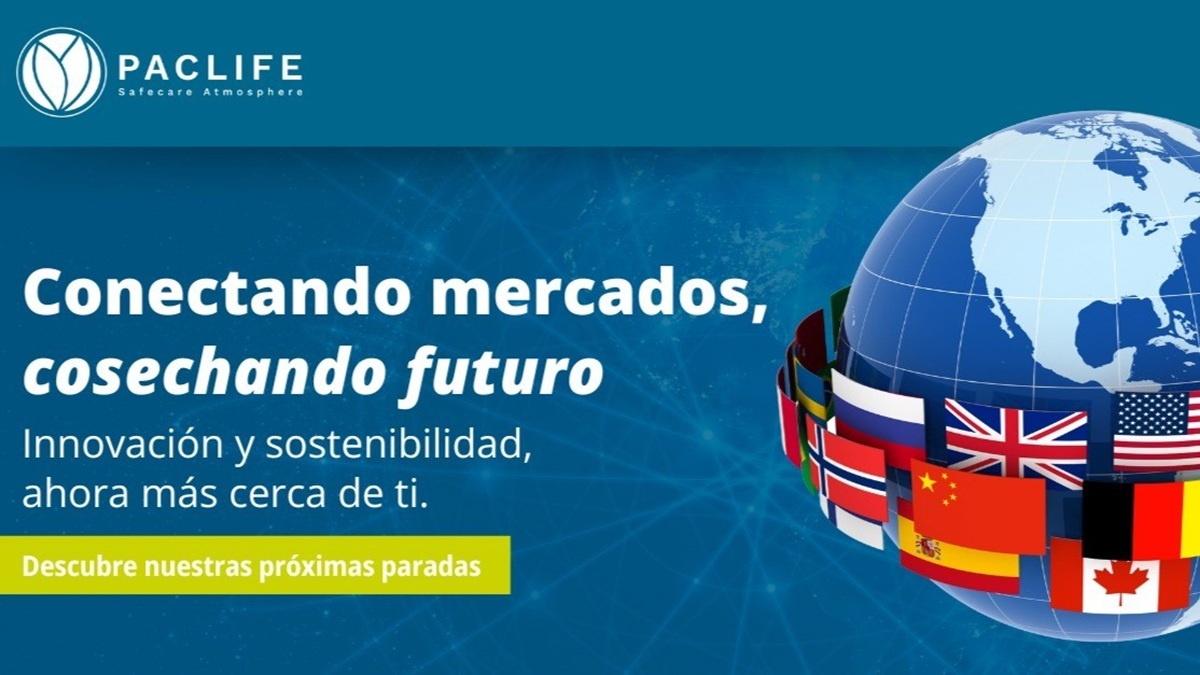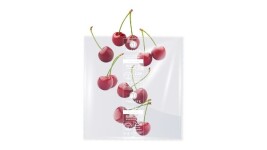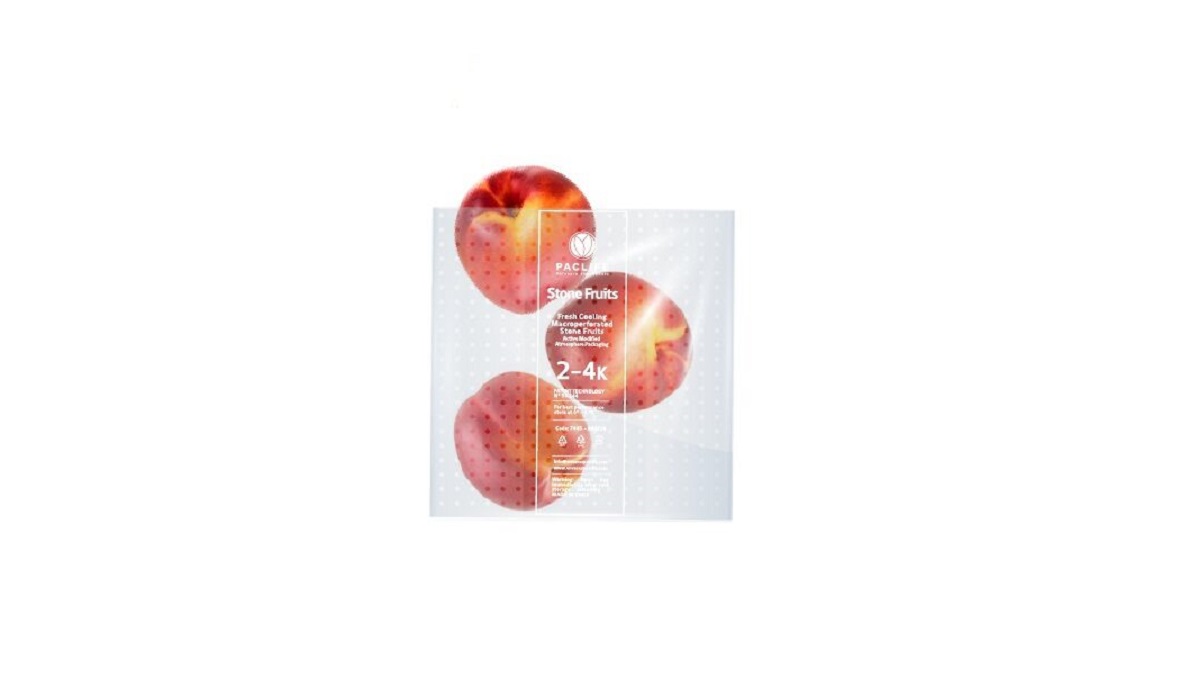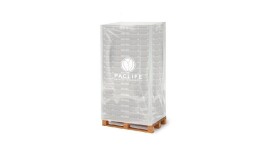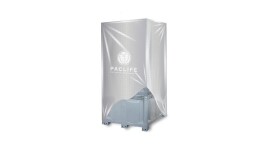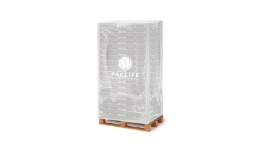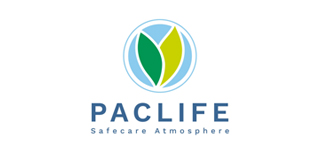

Paclife
Packaging
Exotic Fruits: Solutions to Revolutionize their Preservation and Transport
Paclife develops packaging that keeps pitahaya, gulupa and passion fruit fresh and ready for export
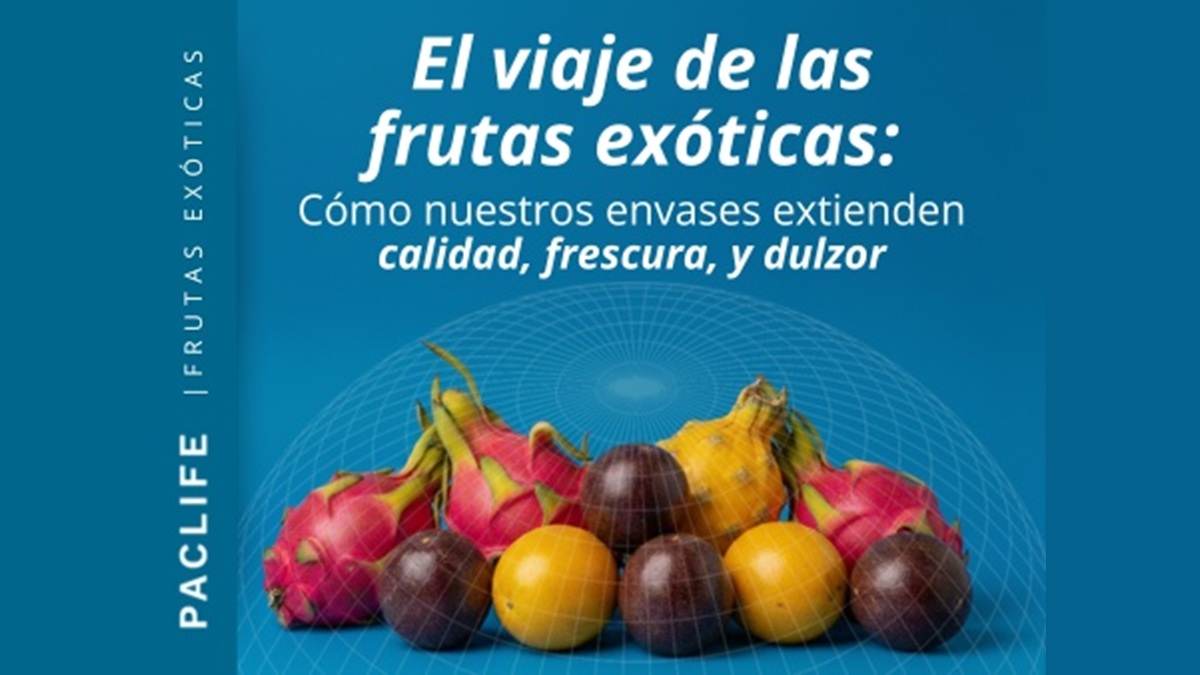
Exotic fruits such as pitahaya, gulupa and passion fruit represent a unique logistical challenge for the export industry. Their delicate balance of humidity, temperature and ripeness makes them highly susceptible to quality loss during long-distance transport. Paclife has launched a series of research projects to evaluate how its advanced packaging technologies can help extend shelf life and reduce waste in highly demanding international markets.
Applied technologies
The use of modified atmosphere packaging (MAP) has proven to be a strategic ally in the export of conventional fruits and is now being adapted to tropical species. This technology regulates internal oxygen and carbon dioxide levels, slowing ripening while preserving the texture and flavor characteristic of each fruit. It is complemented by internal coatings that help control relative humidity, preventing dehydration or excessive condensation.
Within this framework, Paclife has designed and tested specific solutions for different exotic species with high international demand. These trials not only confirm the technology’s effectiveness under real postharvest and transport conditions but also provide comparative evidence against traditional and competitor packaging systems. Below are some of the most relevant results.
Case study: pitahaya (dragon fruit)
Pitahaya, also known as dragon fruit, is the fruit of several cactus species from the genera Hylocereus and Selenicereus. It is considered a high-value exotic fruit in international markets, highly appreciated in Europe, Asia and the United States for its striking appearance and health benefits.
According to a study carried out by Paclife’s team in collaboration with Latin American companies, the hypothesis was verified that packaging with Paclife technology offers an effective alternative to ensure the quality and safety of pitahaya during transport. After analyzing its behavior over 15 and 30 days, concrete benefits were observed:
-
Higher sweetness and texture: fruit packaged with Paclife technology showed a good acidity/soluble solids ratio and was perceived as sweeter and crisper, unlike fruit packed in other types of packaging, which was more acidic and softer.
-
Freshness preservation: Paclife packaging reduces fruit weight loss, maintaining firmness and freshness by reducing dehydration to less than 1%.
-
Transit safety: Paclife technology, which uses zeolite, effectively controls ethylene and other harmful gases. Its additives and selective permeability help control condensation and maintain high humidity and safe gas levels, making it ideal for long-distance shipments such as to China.
This case reinforces Paclife’s vision of the potential of its technologies applied to exotic fruits, validating their use as a tool to expand export offerings to high-value markets.
Case study: gulupa (Passiflora edulis Sims f. edulis)
Gulupa is an exotic fruit native to the Amazon region, cultivated in Brazil, Paraguay, Peru and especially Colombia, where it finds optimal growing conditions. Its flavor, sweeter than passion fruit and with balanced acidity, makes it highly attractive in Europe and the United States.
In Colombia, Paclife conducted conservation trials comparing traditional packaging with its Dynamic Clear MAP technology over 30, 45, 60 and 90 days. The evaluated parameters included weight loss, dehydration, decay, flavor, aroma and freshness. The results showed that with Dynamic Clear MAP packaging, gulupas had:
-
Better preservation for longer periods.
-
Reduced losses due to dehydration and decay: less than 1% after 90 days.
-
Retention of flavor and export quality: good acidity and Brix balance, sweet and crisp fruit.
-
Transit safety even on long journeys: safe atmospheres with stable oxygen and carbon dioxide levels, essential for maintaining condition and avoiding risk levels.
In conclusion, this packaging enabled gulupa to arrive fresh, flavorful and in premium condition, reducing losses and increasing profitability for producers and exporters.
Case study: passion fruit
Passion fruit (Passiflora edulis), along with gulupa, is one of the most exported exotic fruits from the region. It stands out for its intense aroma and sweet-tart flavor. In comparative trials, Paclife achieved the following results versus competitor packaging:
-
Stable atmosphere: safe and consistent gas levels with greater efficiency in CO₂ management.
-
Lower weight loss: 82% less compared with control samples under similar conditions.
-
Reduced chilling injury: treatment with Paclife + film eliminated damage observed in the control group.
-
Improved visual quality: less dehydration, fewer decays and more sound fruit upon arrival.
Paclife technology allows the shelf life of passion fruit to be extended up to 40 days after harvest, preserving freshness and organoleptic parameters.
Protection against physical damage
Another major challenge in transporting exotic fruits is their high sensitivity to impact and pressure throughout the logistics chain. Paclife is evaluating the design of packaging with controlled rigidity and cushioning capacity to reduce the risk of physical damage without compromising space efficiency in refrigerated containers, while maintaining the built-in technology and selective permeability according to each requirement.
Export destinations such as China and Europe impose very strict quality standards. The packaging developed by Paclife is being adjusted to meet these requirements, ensuring that the fruits arrive in optimal condition, with an intact appearance and fresh taste, key elements for the commercial success of these exports.
Applied scientific research
Ongoing preliminary studies aim to analyze the impact of packaging on the respiration rate of tropical fruits, regulating gas stabilization to slow ripening and oxidation processes. New additives and permeability designs are also being studied to help maintain optimal fruit conditions.
This research opens the possibility of a significant leap forward in the postharvest management of exotic fruits. The combination of MAP technology, humidity control, mechanical resistance, permeability modeling, the use of additives such as zeolite and adaptation to global market demands could transform the way these fruits reach consumers. Through these efforts, Paclife positions itself as a key player in innovation applied to tropical product packaging, offering exporters new tools to compete in international markets where freshness, quality and waste reduction are increasingly decisive.


